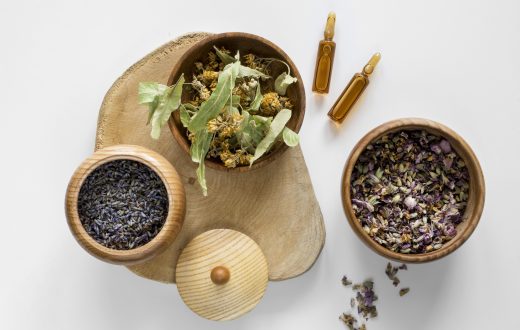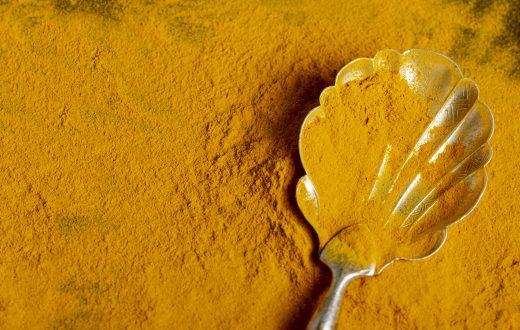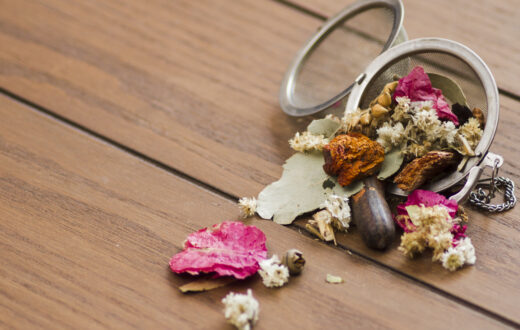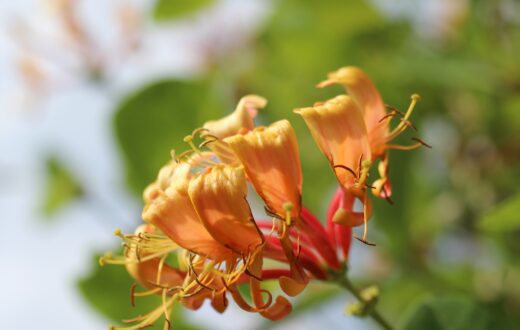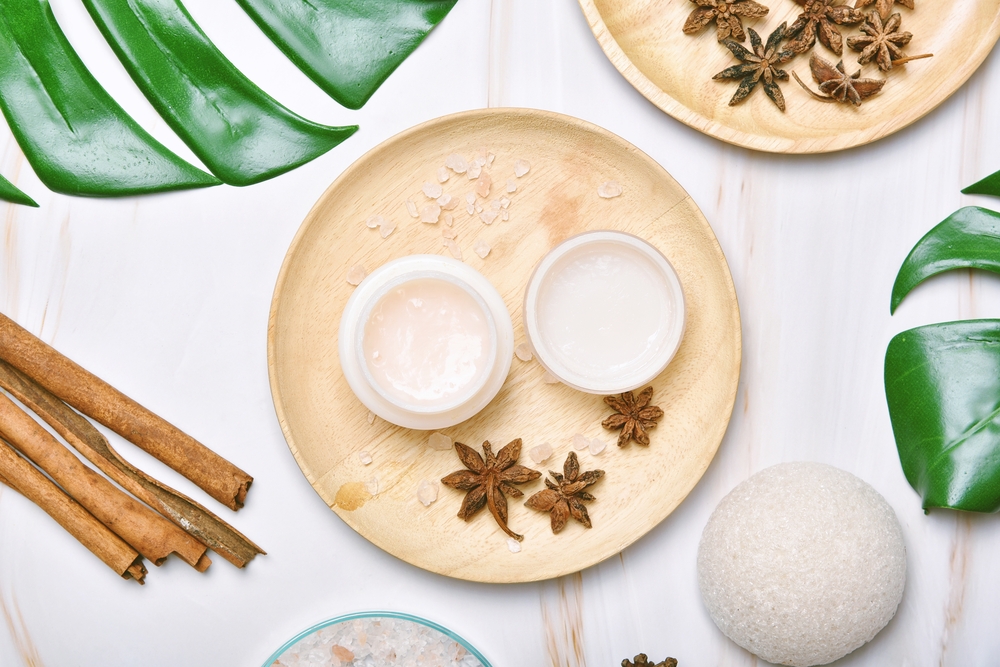
As the global demand for natural wellness continues to rise, Thai herbs are gaining recognition for their medicinal value, purity, and cultural heritage. However, consumers and international buyers alike often ask one critical question: Are these products safe and reliably produced?
The answer lies in a well-structured system of quality assurance and certification designed to protect both consumers and Thailand’s herbal reputation.
1. Why Certification Matters
Certification ensures that herbal products are:
- Free from harmful contaminants such as pesticides, heavy metals, and microbes
- Processed under hygienic and traceable conditions
- Compliant with national and international standards
This builds trust not only with local consumers but also with export markets in the US, EU, and Asia-Pacific.
2. Common Certifications for Thai Herbal Products
Here are the major certifications that help verify quality and safety:
GAP (Good Agricultural Practices)
Used at the farming level, GAP ensures the herbs are cultivated in a clean, controlled, and traceable environment. This certification covers everything from soil quality and water sources to pest control.
Organic Certification (ACT, IFOAM, USDA Organic)
Many Thai herbal producers now follow organic standards, which prohibit synthetic fertilizers and pesticides. Certification bodies like ACT Thailand or USDA Organic verify that the herbs are grown and processed naturally.
GMP (Good Manufacturing Practice)
GMP applies to the processing and manufacturing stages. It ensures cleanliness, proper storage, equipment calibration, and documented procedures to maintain product consistency and safety.
Thai FDA Registration
All health-related products, including herbal capsules, extracts, and cosmetics, must be registered with the Thai Food and Drug Administration (FDA). This process includes testing for contaminants, ingredient approval, and label accuracy.
HALAL Certification
For products targeting Muslim markets, HALAL certification confirms that the product complies with Islamic law, from ingredients to processing.
ISO Standards (e.g., ISO 22000, ISO 9001)
These international standards provide additional assurance for food safety management systems and overall quality control.
3. Traceability from Farm to Product
Many certified suppliers now implement full traceability systems. This allows the origin of each batch of herbs to be tracked from:
- Seed selection and planting
- Harvesting and drying
- Processing and packaging
This system is especially important for B2B buyers and exporters who must show compliance with import regulations in their countries.
4. Third-Party Testing and Laboratory Analysis
To reinforce consumer confidence, reputable brands also perform third-party lab tests to check for:
- Microbial contamination
- Heavy metal residues
- Pesticide traces
- Active compound levels (such as puerarin or andrographolide)
Lab reports are often made available for transparency and regulatory purposes.
5. Challenges and Ongoing Improvements
While Thailand has made great progress, some challenges remain:
- Standardizing local herb varieties
- Educating small-scale farmers on global standards
- Building infrastructure for cold-chain and clean-room processing
Government agencies, academic institutions, and private enterprises are actively collaborating to overcome these barriers.
Conclusion
Thai herbal products are not only traditional but also modern in their approach to quality control. With the right certifications and safety systems in place, they are well-positioned for both local and global markets. Whether you are a consumer or a distributor, looking for the appropriate Thai herbal product certification helps ensure the products you choose are safe, effective, and trustworthy.
Visit us at: https://orientalheritageherbalists.com/shop/


